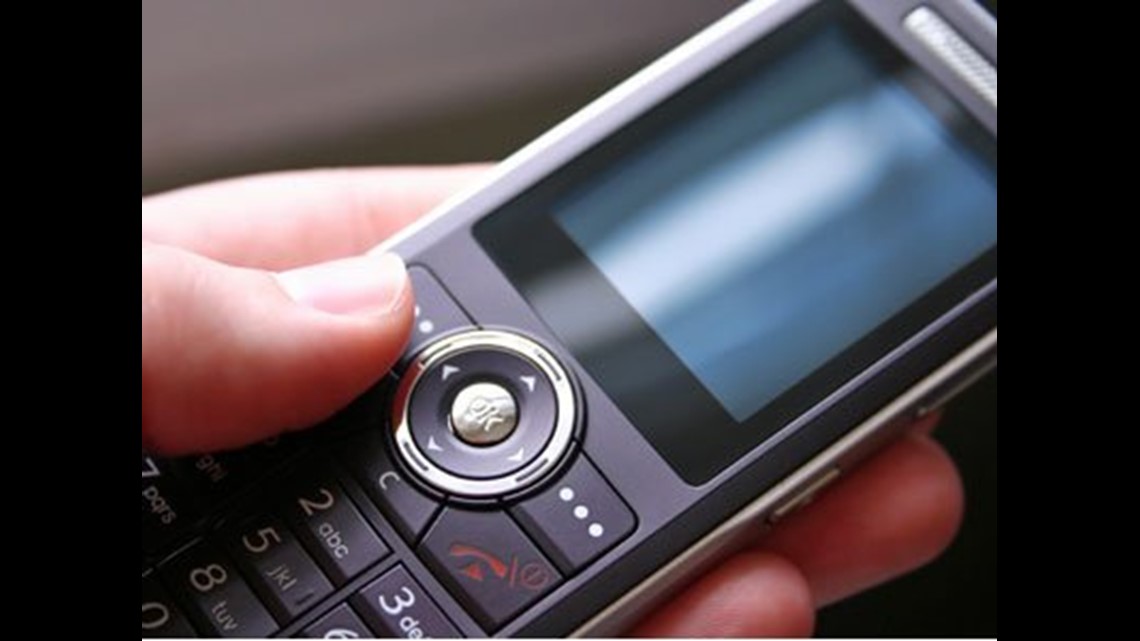

Attorney General Kathleen G. Kane took action this week to protect consumers who have been getting ripped off on their cell phone bills. She joined with other attorneys general in sending a letter to the Federal Trade Commission (FTC), warning about a practice known as “mobile cramming.”
Mobile cramming refers to the placing of unauthorized third-party charges on mobile phone bills. Millions of dollars are taken from people in this way, often without their ever knowing it.
The charges usually range from $9.95 to $24.95 per month. They appear out of the blue on phone bills, for goods and services that were neither requested nor used.
Many people don’t notice the unauthorized charge on their bill and will pay it for several months. When they finally do notice it, they are often unable to get a full refund. Sometimes they can’t even block future charges!
Kane joins 39 other attorneys general in the fight against this unethical billing practice. Together, they have sent a letter to the FTC addressing four areas of particular concern:
– Unauthorized charges being placed on consumers’ bills for unwanted and unused services;
– Inadequate disclosure of third-party charges on mobile phone bills;
– Inadequate mechanisms for consumers to effectively block third-party charges and obtain refunds; and
– The lack of state and federal statutory protections governing consumers’ disputes about fraudulent or unauthorized charges placed on mobile phone bills.
Kane said she will continue to call for stronger regulatory measures to fight cramming, and that in the meantime she will use all the enforcement tools at her disposal to protect consumers from this (and all other) unethical business practices.
Attorneys General from the following states and territories signed on to the letter: Alaska, Arizona, California, Colorado, Delaware, District of Columbia, Florida, Guam, Hawaii, Idaho, Illinois, Indiana (lead state), Iowa, Louisiana, Maine, Maryland, Massachusetts, Minnesota, Mississippi, Missouri, Montana, Nebraska, Nevada, New Hampshire, New Mexico, New York, North Carolina, North Dakota, Ohio, Oregon, Puerto Rico, Rhode Island, South Dakota, Tennessee, Utah, Vermont, Virgin Islands, Washington, and Wyoming.
A copy of the letter to the FTC can be found at the website for The Office of Attorney General: www.attorneygeneral.gov.
